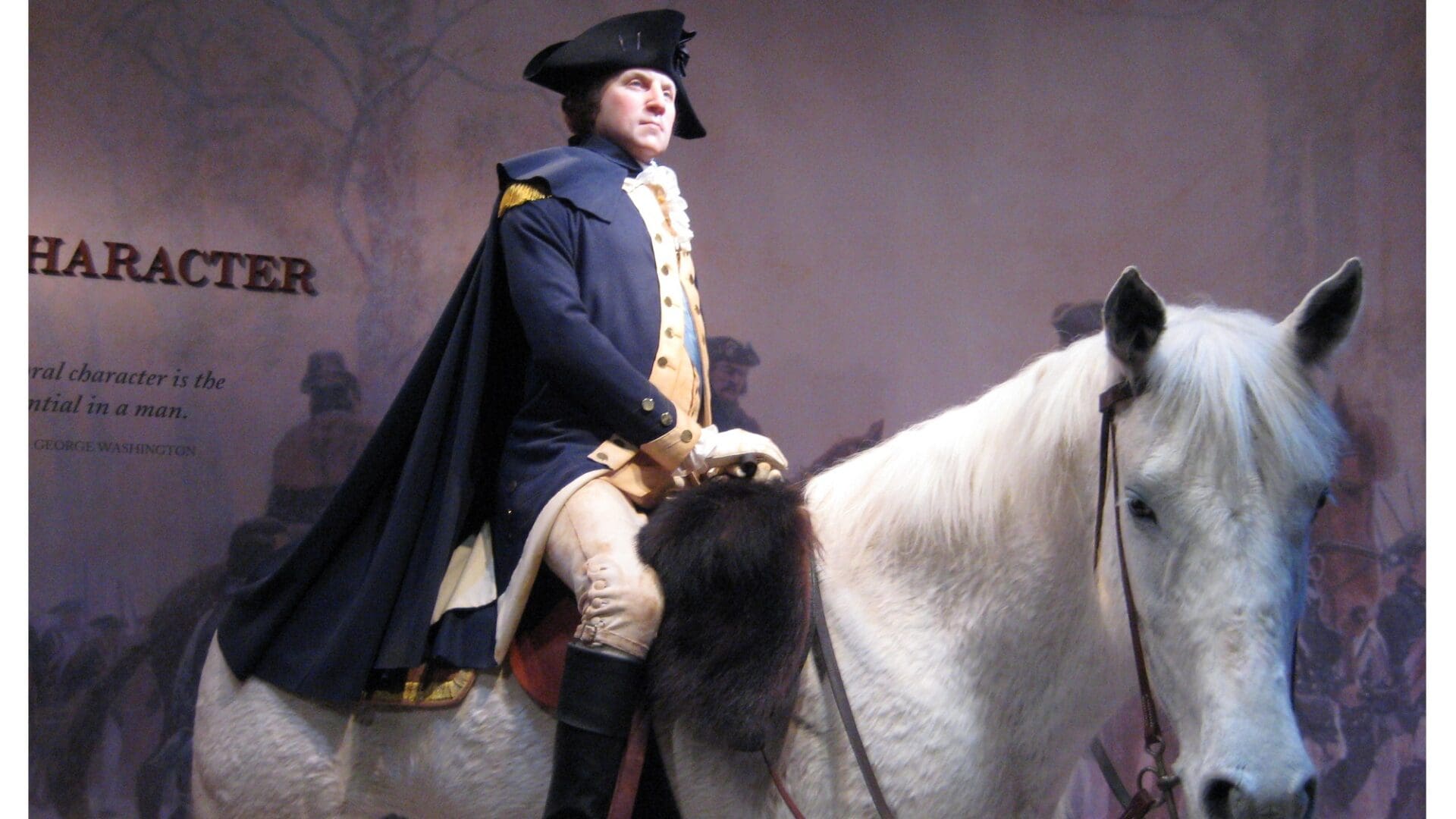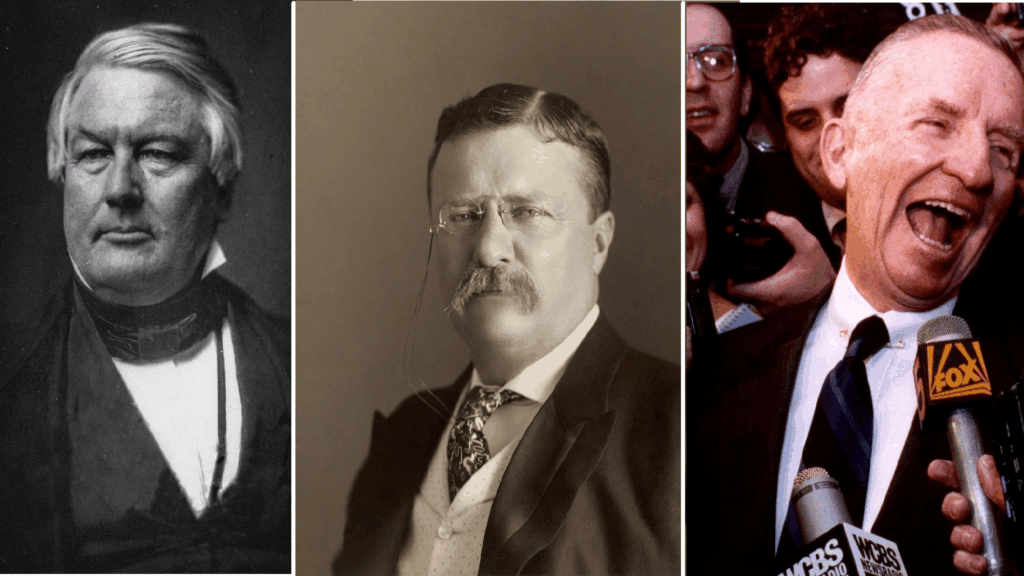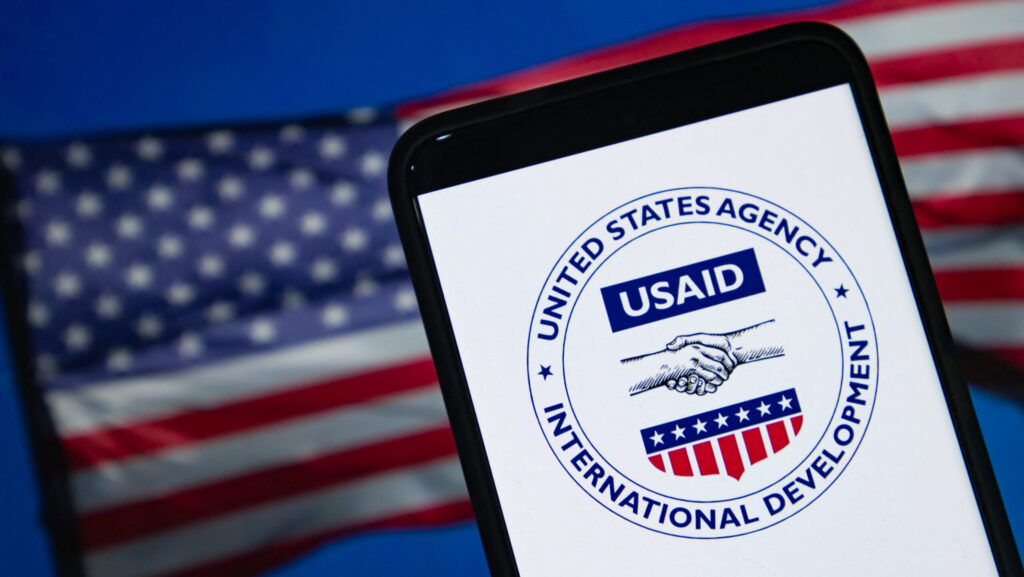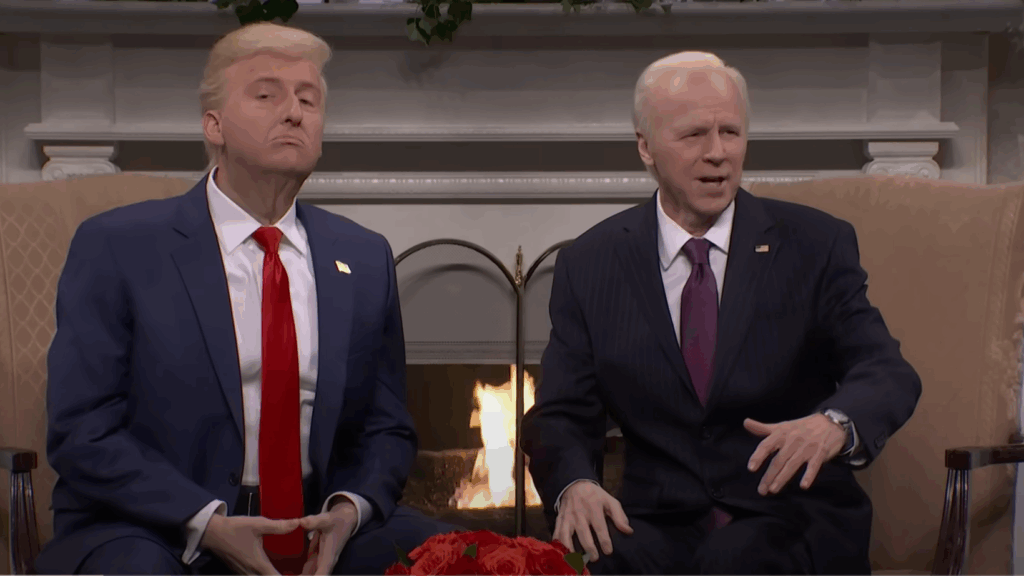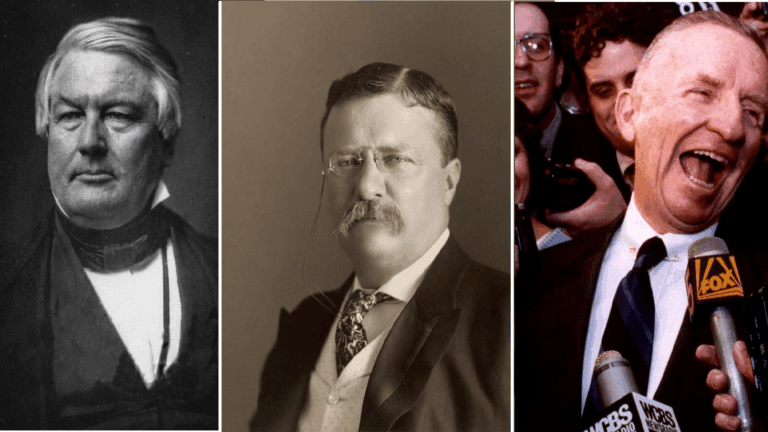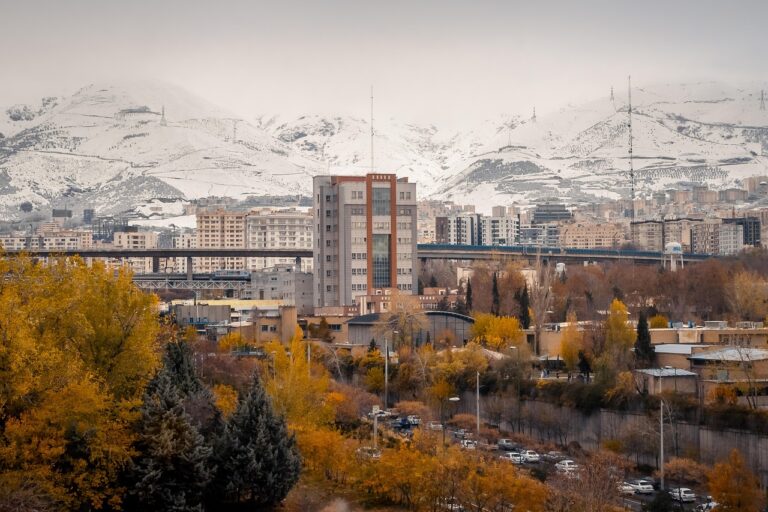Today is a special day in the United States: a federal holiday known as Presidents’ Day. There is no school, no non-essential government office open, and markets are also closed to celebrate the birthday of the first President of the United States, George Washington—who, by the way, was born on 22 February 1732.
However, a 1971 change moved the holiday, originally introduced in 1879 under President Rutherford B. Hayes, to the third Monday of every February. Some speculate that with this move, the US government could kill two birds with one stone, and commemorate two great presidents at once: President Abraham Lincoln, who led the US through the tumultuous time of the American Civil War, was born on 12 February 1809 in Sinking Spring Farm, Kentucky. Thus, the third Monday of February falls close to both of these great statesmen’s birthdays.
Also, interestingly, this is not the first time George Washington’s birthday was moved.
He was born in Popes Creek, Virginia Colony before the American colonies adopted the Gregorian calendar, which they only chose to do in 1752 (this was in defiance of the influence of the Catholic Church, but they eventually gave in). When Washington was born in 1732, his original date of birth was 11 February. However, with the adoption of the new calendar, he decided to retroactively adjust his birthday to 22 February, which is in encyclopaedias around the world today.
Since this is a presidential election year in the United States, and it is also Presidents’ Day, let’s take a look at the way the very first POTUS, whom we are celebrating today, led the country in its infancy.
George Washington as President
First off, George Washington had accomplished his biggest feat even before he took office, by winning the Revolutionary War as the leader of the Continental Army. He himself felt that way too, which is why the first presidential campaign in American history was essentially trying to convince Washington to run for president. He was yearning for some quiet time on his farm in Mount Vernon after the war, but the attendees of the 1787 Constitutional Convention eventually got him to reluctantly run for the new office of the President.
Subsequently, he was unanimously elected, winning all electoral votes in the 1788–1789 presidential election (although New York did not vote, as the State Congress failed to agree on a method of voting by the deadline).
As president, Washington had to deal with some remnant issues of the Revolution. In 1793, after post-Revolutionary France got into war with Great Britain, he decided to keep the infant nation of the United States neutral. It was quite a controversial call, given that the US entered a military alliance with France during the Revolutionary War; and without the European nation’s military help, the Colonies could never have won their independence. However, Washington argued that he had entered that alliance with the King, who had since been dethroned, then executed.
Prior to that, in 1791, the Whiskey Rebellion broke out in Western Pennsylvania—interestingly, not the first alcohol-related armed resistance in American history we cover on this website, as we also wrote about the Great Eggnog Riot of 1826.
The new nation of the United States did not have a federal income tax at the time (it was only introduced in the 20th century, under President Woodrow Wilson). After some bickering, the states—who were understandably wary of being under the rule of an overbearing, overtaxing government after fighting to break free of the British—agreed that the new federal government has the right to collect tariffs in US ports. This, by the way, made tariff rates one of the most important, ever-prevalent issues of 19th-century American politics.
However, in need of more revenue, President Washington and his Congress also decided to levy a tax on domestically produced alcoholic products in 1791, known as the Whiskey Tax. This did not sit well with the people of Western Pennsylvania, who, just like the Founding Fathers, took up arms over a taxation dispute. President Washington did not have any sympathy for the new rebels of America, however, and raised 13,000 troops to put down the rebellion, which he eventually did in 1794.
While President Washington was always mindful of keeping the power of the federal government in check, having led the Revolution against the overbearing British Empire, he also knew the perils of a weak and underfunded government.
Under the Articles of Confederation, in place during the War of Independence, the US government could not collect any tax, not even tariffs. It had to rely on voluntary contributions from the states, which led to General Washington at times having to watch his men starve and freeze on the battlefield due to lack of funding.
President Washington was also greatly influential by setting the two-term tradition after refusing to run for re-election in 1796.
He was popular enough to be President for life, but he gave up on the most powerful position in the land of his own volition. His two-term tradition, which was only broken once, became a constitutional rule in 1951.
MarineRaiderFoundation on Twitter: “From President George Washington’s Farewell Address: “You have in a common cause fought and triumphed together; the independence and liberty you possess are the work of joint counsels, and joint efforts of common dangers, sufferings, and successes.” pic.twitter.com/SLnoH4Lml2 / Twitter”
From President George Washington’s Farewell Address: “You have in a common cause fought and triumphed together; the independence and liberty you possess are the work of joint counsels, and joint efforts of common dangers, sufferings, and successes.” pic.twitter.com/SLnoH4Lml2
In his farewell address in 1796, the outgoing President Washington warned of the harmful consequences of politicians forming parties. However, by that time, it was too late. His fellow Founding Fathers and friends had already established rival political parties: Alexander Hamilton founded the Federalist Party; while Thomas Jefferson and James Madison founded the anti-federalist Democratic-Republican Party.
The latter two went on to serve as Presidents of the United States as well, thus they too are celebrated today, on Presidents’ Day.
Related articles:

